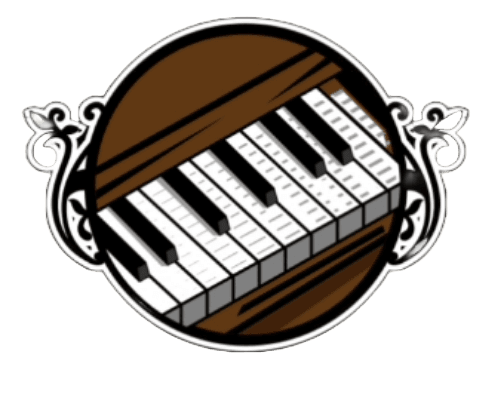Preparing for Your First Piano Lesson: Tips from a Sydney Piano Teacher
Understanding the Basics
Starting your musical journey with piano lessons can be exciting yet a bit daunting. Whether you are a complete novice or have some musical background, the first lesson is crucial in setting the tone for your learning experience. As a Sydney piano teacher, I often emphasize the importance of understanding the basics before diving into more complex concepts. Familiarize yourself with the piano's layout, including the keys and pedals, to make your first lesson smoother and more enjoyable.

Setting Realistic Expectations
One of the most important things to keep in mind is to set realistic expectations for yourself. Your first lesson will likely cover the foundational elements of piano playing, such as posture, finger positioning, and reading simple sheet music. Remember, learning to play the piano is a gradual process. Celebrate small victories and don't be discouraged if you don't master everything immediately.
Preparing Mentally and Physically
Before attending your lesson, it's beneficial to prepare both mentally and physically. Allocate some time to relax and clear your mind from everyday stressors. Physically, ensure you are well-rested and have eaten enough to maintain your energy levels during the lesson. A focused mindset and energized body can significantly enhance your learning experience.
What to Bring to Your Lesson
Being prepared with the right materials can help you make the most of your first piano lesson. Here's a checklist of items you might need:
- A notebook and pen for taking notes.
- Your music book, if you have one.
- A bottle of water to stay hydrated.
- Comfortable clothing that allows for easy movement.

Communicating with Your Teacher
Effective communication with your piano teacher is key to a successful learning experience. Don't hesitate to ask questions or express any concerns you might have. A good teacher will encourage open communication and provide guidance tailored to your individual needs. By building a rapport with your teacher, you'll create a supportive environment conducive to learning.
Practicing at Home
After your first lesson, practice is essential to reinforce what you've learned. Set aside dedicated time each day to practice, even if it's just for a few minutes. Consistent practice helps develop muscle memory and improves your understanding of musical concepts. Remember, practice doesn't make perfect, but it certainly leads to progress.

Embracing Mistakes
Mistakes are an inevitable part of learning any new skill, including playing the piano. Instead of viewing them as setbacks, embrace them as opportunities for growth. Analyze what went wrong and how you can improve next time. With patience and persistence, you'll find that mistakes are valuable learning tools that contribute to your overall development as a pianist.
Staying Motivated
Finally, maintaining motivation throughout your piano journey is crucial. Set short-term goals to keep yourself inspired and track your progress regularly. Listening to music you love or attending live performances can also reignite your passion for learning. Remember why you started this journey and let that drive keep you moving forward.
